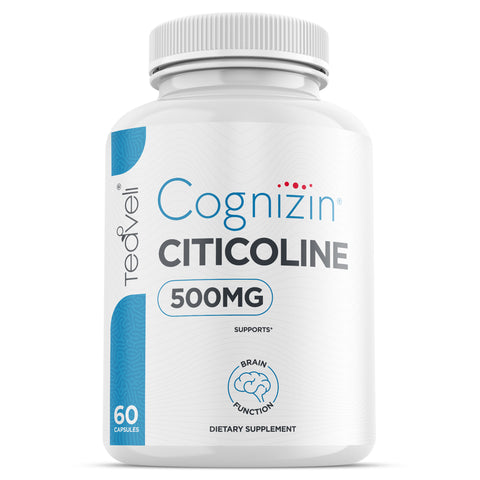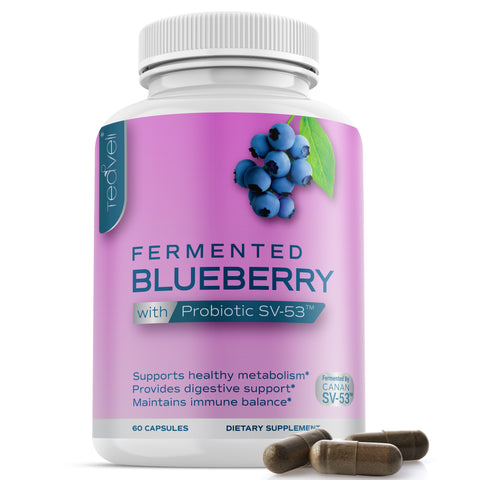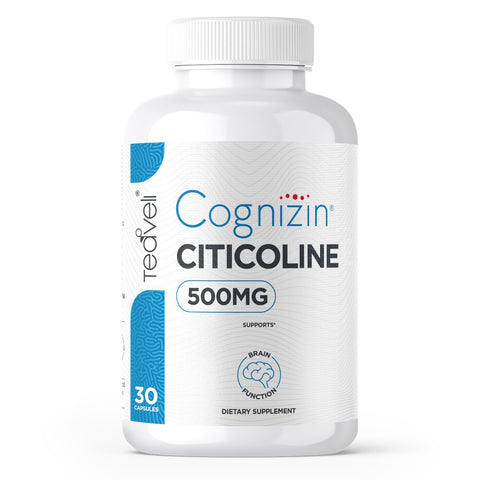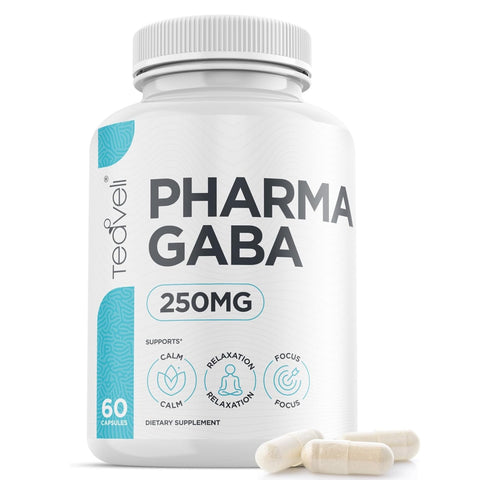Your Ultimate Sleep Hygiene Checklist: Routine, Foods, and More
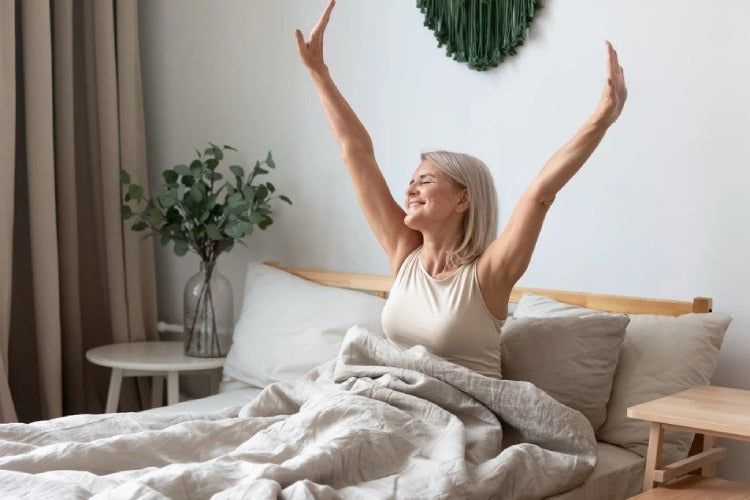
Do you sleep like a baby?
Or do you struggle night after night to get quality sleep?
You’re not alone – millions of people (approximately 10-50% of Americans) find it difficult to get a full, restful night’s sleep. However, it doesn’t have to be your fate to walk through life bleary-eyed and exhausted.
Having a sleep habit and hygiene checklist will allow you to perform a sleep hygiene assessment in the privacy and comfort of your own home. Based on the information below, you’ll discover tools and techniques to ensure higher quality sleep.
Sleep Hygiene Assessment: What Is a Good Sleep Routine?
If you’re struggling to get a full night’s sleep, your current sleep routine is not serving you.
To determine whether you have a good routine or not, ask yourself the following questions as part of your sleep hygiene assessment.
- Can you fall asleep within 30 minutes of hitting the pillow?
- If you wake up in the night, can you fall back asleep within five minutes?
- Do you wake up feeling revitalized or sluggish?
- Are you generally happy, or are you easily irritated?
- Can you get through the day without feeling like you need a nap?
- Is your immune system strong, or do you get sick often?
- Can you get through a workout without feeling excessively fatigued?
A good routine will leave you feeling rested and ready to take on the day.
What Is Bad Sleep Hygiene?
Just as important as finding what helps you get a better night’s sleep is finding out what leads to a night of tossing and turning.
Bad sleep hygiene is a form of insomnia caused by bad sleep habits. Some common habits that can lead to fitful sleep include:
- Binge eating in the evening
- Eating anything late at night
- Too much alcohol before bed
- Exercising too close to bedtime
- Staying up late
- Watching TV or scrolling on your phone while in bed
Any of these items can become habits, making them difficult to quit cold turkey. It’s best not to try and break all of them at once. Take one at a time, make adjustments, and move on when you feel ready.
It’s important to note that some of the things on this list don’t need to be eliminated, simply adjusted. For example, instead of exercising at night, work out first thing in the morning, during your lunch break, or right after work.
Foods and Beverages to Avoid for a Better Night’s Sleep
Not only do you have to avoid eating past a certain time, but it’s best to avoid certain foods, too. Some of them simply need to be avoided, whereas others should be limited to breakfast and lunch. Here are some foods to avoid for better sleep:
- Caffeine in any form, including chocolate
- Acidic foods that can cause indigestion, like grapefruit and tomatoes
- Dairy products, particularly if you’re allergic, sensitive, or lactose intolerant
- Alcohol
- Spicy foods
- Beans (if you’re sensitive to them)
- Sugar
How Do You Ensure Quality of Sleep? Try Sleep Hygiene Psychology Tools
Stress is a major cause of more stress. As much as you try, you can’t shut your brain off. You’re thinking about everything you need to do, about the horrible interaction you had with a coworker, and wondering if you’re doing enough for your family.
Thankfully, tools are available to help lower stress.
- Try relaxation techniques like meditation, visualization, and mindfulness
- Get a massage
- Do some deep breathing exercises
- Exercise
- Find ways to reduce daily stress
- Keep a notebook by your bed to jot down things that wake you up in the middle of the night
When It Seems Like You Can’t Do It on Your Own
Sometimes, even the best stress-relieving practices fail to provide results. If you’re still struggling with insomnia caused by stress, you have multiple options, two of which are:
- Taking superfood supplements to help you sleep
- Contact a therapist
3 Superfoods for Optimized Health and Sleep
The team at Teaveli wants to help you get a restful night’s sleep. Therefore, they offer superfood products with ingredients such as:
- Sensoril Ashwagandha – Clinical results show that extracts from Ashwagandha leaves are useful in stress management (including the positive yet impactful stress put upon the body during workouts and sleep
- KSM66 Ashwagandha – Studies reveal that this type of Ashwagandha (the highest concentration of Ashwagandha root extract available) is also a powerful sleep aid and stress support supplement
- Lion’s Mane Mushroom – A brain and nootropic superfood that aids with stress management, relieves anxiety, improves mood disorders, and promotes mental clarity
Try these three superfood supplements from Teaveli for optimized health and sleep.
- Golden Milk Turmeric Latte: A delicious tea to drink at night that contains eight superfoods that promote sleep. Included is turmeric, which contains properties that promote calm feelings while reducing pain and inflammation.
- Curcumin Phytosome and Ashwagandha Capsules: Researchers have listed Ashwagandha as a potential candidate for the clinical treatment of anxiety and insomnia. Curcumin (turmeric) phytosome reduces inflammation and promotes better sleep. According to a 2017 study, curcumin can help improve brain function even when dealing with insomnia.
Why You Should See a Counselor
Here are some reasons why counseling can help.
- What you share is confidential
- You don’t have to worry about your reaction because there’s zero judgment
- Getting an outside perspective is powerful
- They can help you find stress-relieving techniques you might have overlooked
- Your therapist will tell you if you need medical testing for a health issue that’s contributing to stress and insomnia
A Good Evening Routine Should Be at the Top of Your Sleep Hygiene Checklist
The main components of your sleep hygiene checklist will relate to a good evening routine. Creating a soothing, relaxing routine – that you practice each evening – will do wonders for improving sleep. The key is to do it as often as possible. Things will come up to disrupt it from time to time. That’s life. For the majority of your nights, though, incorporate a calming routine.
Your Evening Sleep Habits and Hygiene Checklist
Each item on this checklist may or may not work for you. Try them out, see which ones fit your personality and needs the most, and then create a custom evening sleep hygiene checklist.
- Keep work/schoolwork out of the bedroom
- Keep your room cool, dark, and quiet
- Go to sleep at the same time each night
- Wake up the same time each morning
- Make sure you set aside at least seven to eight hours for sleep
- Exercise no later than one hour before bedtime
- Turn off electronic devices one to two hours before bedtime
- Try light stretching, yoga, or Tai Chi (according to a 2018 study, some exercise can lead to better sleep)
- Take a brief, warm (not hot) shower or bath
- Massage your feet with magnesium oil
- Diffuse lavender or another relaxing essential oil
- Listen to relaxing music
- Meditate (on your own or with a guided meditation app)
5 Foods in Your Kitchen That Can Help You Sleep
Another important addition to your sleep hygiene checklist is food – the right kind of foods. By regularly incorporating these foods, you can improve your overall health, as well as your sleep.
-
Look for foods that contain the following chemicals, nutrients, enzymes, and amino acids.
- Melatonin
- Calcium
- Tryptophan
- Magnesium
- Serotonin
- Folate
- Flavones
- Potassium
- B vitamins
- Zinc
- Vitamin D
-
Here are five foods to consume before bed to ensure high-quality sleep.
- Almonds (contain melatonin – recent research shows that melatonin can help people with circadian rhythm sleep disorders)
- Turkey (contains tryptophan)
- Chamomile tea (contains flavones, antioxidants that reduce inflammation and anxiety and improve sleep)
- Tart cherry juice (contains potassium and promotes sleepiness, according to a 2018 study)
- Walnuts (one of the best sources of melatonin)
Your Ultimate Sleep Hygiene Checklist
Are you ready for an amazing night’s sleep? Keep this sleep hygiene checklist handy to reduce sleepless nights.
For Best Results, Take It a Day and a Step at a Time
The ultimate sleep hygiene checklist will help you evaluate nearly every aspect of your life and how it affects your sleep. Seeing the entire list can feel overwhelming, resulting in some resistance when it comes to implementing changes.
Implement one or two items from the sleep habits and hygiene checklist each week. See how they work for you. If you notice positive results, keep them, and add something new from the list. Before you know it, you’ll create a relaxing sleep routine.


